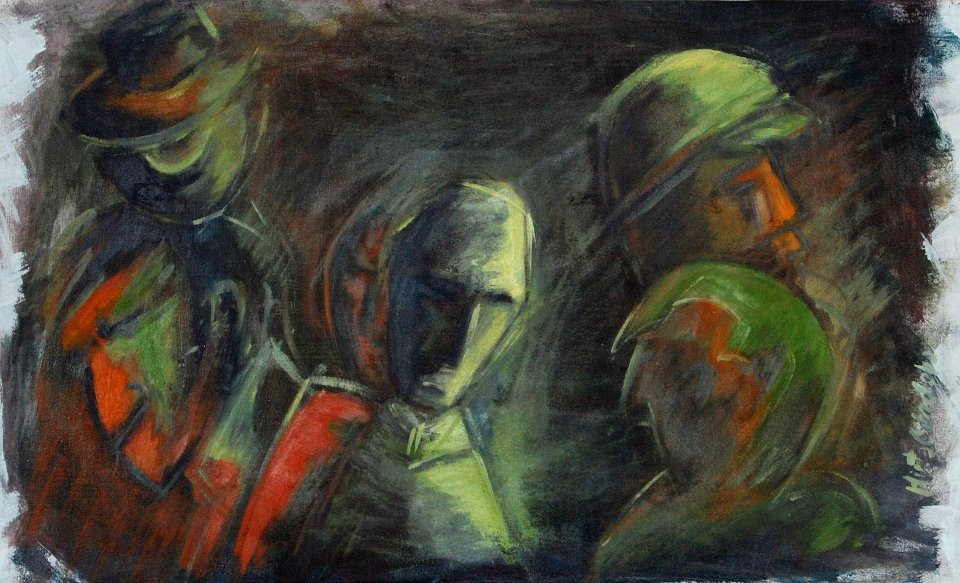SUSTAINABILITY, SUBJECTIVE READING AND LITERATURE DIDACTIC
DOI:
https://doi.org/10.48075/rlhm.v13i21.16167Keywords:
Sustentabilidade, leitura subjetiva de literatura, didática literáriaAbstract
The aims this text is set a reflection that puts in dialogue the subjective reading of literature and sustainability in the scope of literary didactic. One of the aspects of sustainability, in teaching process, relates to deep learning, which though low makes sense in the and to the life of reader. In the same direction the subjective reading process consider as desirable and legitimate the moral, emotional, psychological and spiritual investment of the reader in the interpretative process of the literary text. This methodology gives opportunity to mobilization of the objective and subjective dimensions of that which read. Thus, our conclusion is that subjective reading of literature can helps to promote one literary didactic more sustainability because it promotes deep learning – both of point of view objective and subjective. This learning leading the reader brought to know not online the literary text, but also a little more of himself, of the others and the worlds that he inhabits.Downloads
Published
24-07-2017
How to Cite
PINTO, F. N. P. SUSTAINABILITY, SUBJECTIVE READING AND LITERATURE DIDACTIC. Journal of Literature, History and Memory, [S. l.], v. 13, n. 21, p. 199–211, 2017. DOI: 10.48075/rlhm.v13i21.16167. Disponível em: https://e-revista.unioeste.br/index.php/rlhm/article/view/16167. Acesso em: 18 may. 2025.
Issue
Section
PESQUISA EM LETRAS NO CONTEXTO LATINO-AMERICANO E LITERATURA, ENSINO E CULTURA
License
Aviso de Direito Autoral Creative Commons
Política para Periódicos de Acesso Livre
Autores que publicam nesta revista concordam com os seguintes termos:
1. Autores mantém os direitos autorais e concedem à revista o direito de primeira publicação, com o trabalho simultaneamente licenciado sob a Licença Creative Commons Attribution que permite o compartilhamento do trabalho com reconhecimento da autoria e publicação inicial nesta revista.2. Autores têm autorização para assumir contratos adicionais separadamente, para distribuição não-exclusiva da versão do trabalho publicada nesta revista (ex.: publicar em repositório institucional ou como capítulo de livro), com reconhecimento de autoria e publicação inicial nesta revista.
3. Autores têm permissão e são estimulados a publicar e distribuir seu trabalho online (ex.: em repositórios institucionais ou na sua página pessoal) a qualquer ponto antes ou durante o processo editorial, já que isso pode gerar alterações produtivas, bem como aumentar o impacto e a citação do trabalho publicado (Veja O Efeito do Acesso Livre).
Licença Creative Commons
Esta obra está licenciada com uma Licença Creative Commons Atribuição-NãoComercial-CompartilhaIgual 4.0 Internacional, o que permite compartilhar, copiar, distribuir, exibir, reproduzir, a totalidade ou partes desde que não tenha objetivo comercial e sejam citados os autores e a fonte.


